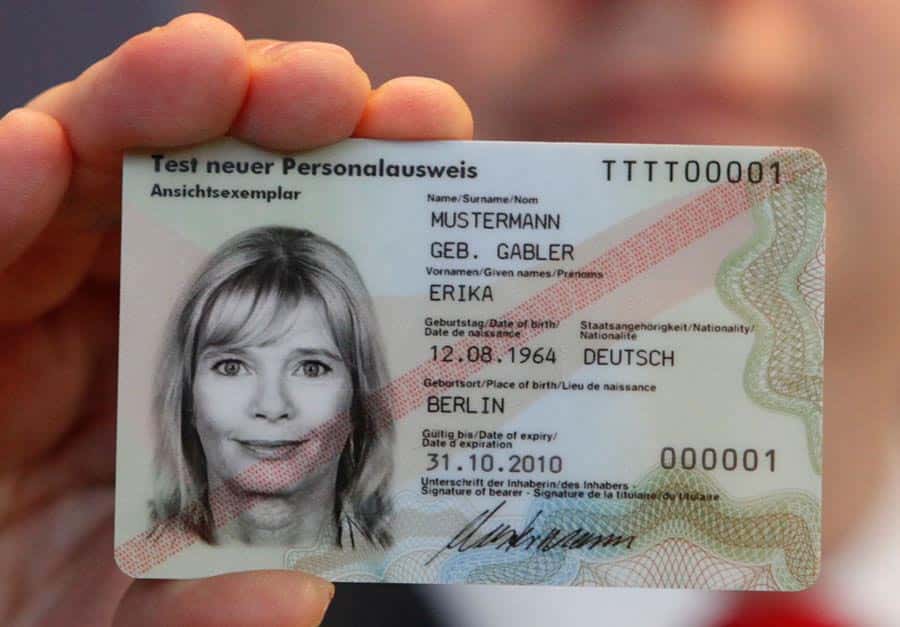Recently the European Commission (EC) proposed a new legislation to enable the use of digital signatures and electronic ID among EU member states. In the wake of this news we appreciate the enormous progress that this new legislation would bring for the interconnection of online businesses and governments in Europe. The objective of the legislation is to enable the connection of existing documents and offer to countries that do not use it the possibility of acceding to the European system.
Because of this many benefits and usage scenarios will be generated such as:
- Request public staff spaces.
- Enroll at a university in a European country other than yours.
- Statement of income from abroad.
- Simplifying access to medical records when a European citizen falls ill in a foreign country within the EU.
- Companies could request for offers from the government of a foreign country without having to send paper documentation.
- They may sign contracts electronically with other European companies with no problems or administrative burdens.
- Banks may hereby notify their foreign clients residing in their country of origin of non-payment issues with full force.
The EC wants to make clear that new legislation will not lead to the creation of a European electronic identity card or a security community standard to which Member States have to adhere to, nor there will be a European database, because of the relevant legislation in some Member States.
As we announced earlier this year, thanks to Viafirma, recognized mobile electronic signature can be reached by the support of the Spanish electronic ID on iOS devices, but, would it be unreasonable to think of future integration with the “electronic IDs” of the different European countries?
Currently only in Belgium (Beid), Estonia (ID-Card), Finland (FINEID), Portugal (Cartão of Cidadão), Italy (letter d’Identita Elettronica), Germany (ID-Karte) and of course Spain use “electronic ID cards” while Austria, Czech Republic, Lithuania, Luxembourg, Netherlands, Slovakia, Slovenia, Denmark and Sweden have a similar document but fails to have the same powers.

No doubt of this, the creation of the legislation linked to the above list of countries with similar cards offers great possibilities for the future of signing with SmartCards in mobility, which, on the other hand greatly improves the usability, opening new lines of interest in mobile applications.
So, is this the final push the Spanish electronic ID needed to the massive use of its digital certificate? Will this law really approach the interconnection of electronic documents between member countries?
With a huge potential market, we think so, but only time will tell if we are right.